Can homes have flat roofs? - Part 1
November 22, 2024 at 3:00 p.m.By IKO Industries.
When we think of commercial buildings we think of flat roofs and when we think of homes, we think of pitched roofs, why is that?
In your day-to-day life, you probably see countless flat roofs. From malls and warehouses to apartment buildings, hospitals and schools, flat roofing is a popular choice for commercial, industrial and institutional buildings. This is often because they are easier to install and maintain on these structures. If this is true, why do we not see more of them on residential buildings?
This article from our experts at IKO Industries aims to explore these question-and-answer queries such as: Is a flat roof the right choice for homes? Is it more expensive than pitched roofs? Is installation harder or easier?
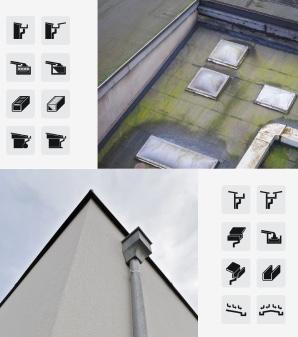 Why are flat roofs less common for houses?
Why are flat roofs less common for houses?
Also known as low slope roofs, flat roofs are less common in North American residential construction because the low slope of a flat roof has an increased tendency to collect water rather than shed, like its more steeply pitched alternative. This may make it less ideal for rainy or snowy climates. Keep in mind, all flat roofs have a slope of between five and 15 degrees to allow water to flow into drain systems (such as eaves, drainage holes or outlets).
Flat roof drainage
So, even though flat roofs are ideal for drier landscapes, in climates with heavy precipitation, a properly installed flat roof can be a fine choice for a homeowner – especially thanks to ever-improving waterproof materials and installation techniques.
It looks good
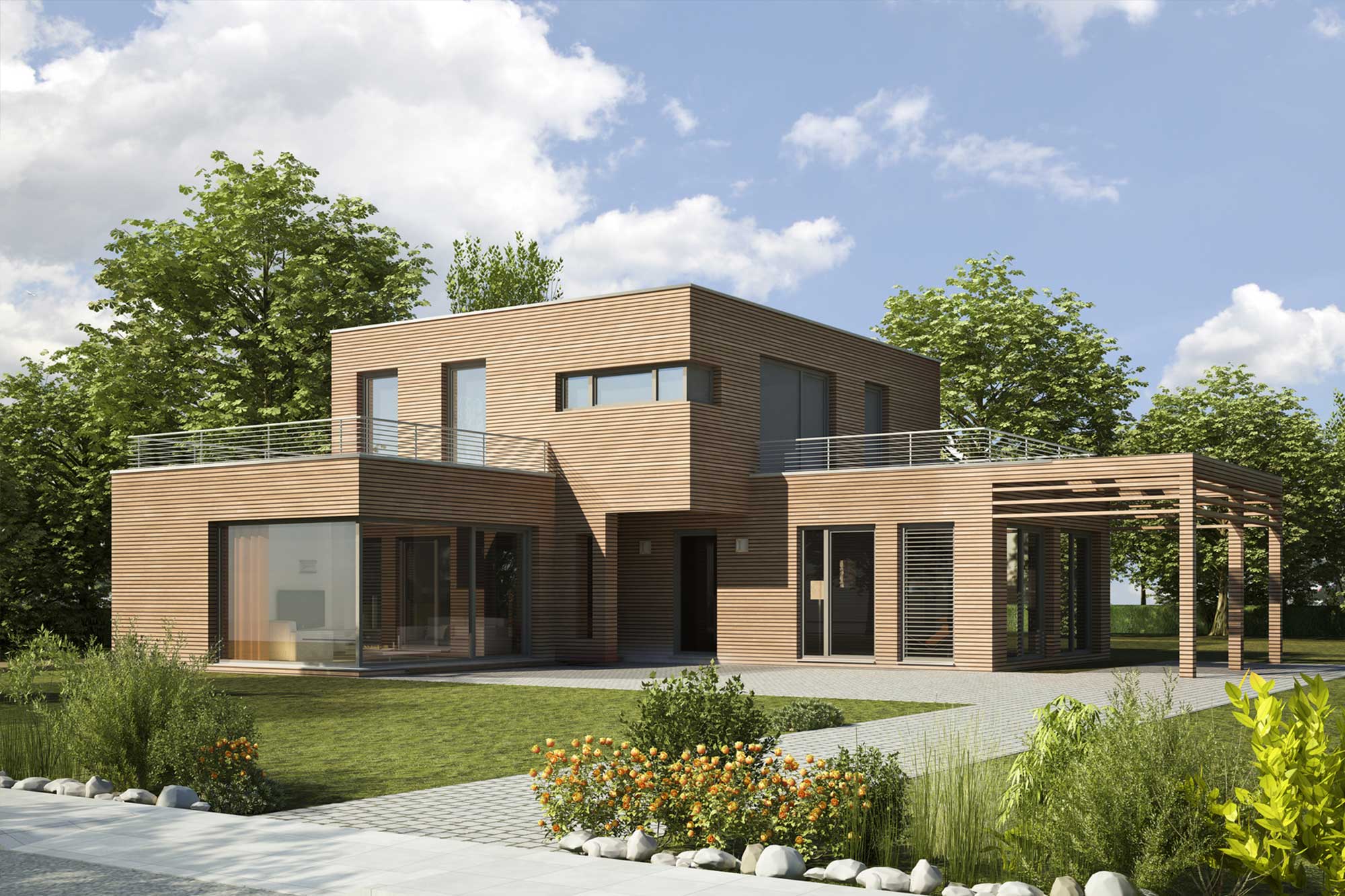 Flat roofs are an attractive aesthetic choice that give homes a unique form. If you love the landscape or cityscape around your home, a flat roof can help complement that without obscuring the view.
Flat roofs are an attractive aesthetic choice that give homes a unique form. If you love the landscape or cityscape around your home, a flat roof can help complement that without obscuring the view.
Flat roof space is usable space
Unlike a steeply pitched roof, most of the square footage of a flat roof is available for use. This offers the option to add a unique application such as a rooftop patio, garden or green roof. Solar panels also are popular among homeowners and are much easier to install – and hide from view – on a flat roof.
Any of these applications will require certain design considerations (such as adding guardrails and other safety protections and/or using more heavy-duty materials to handle roof traffic and weight). Special permits may be required from the local building authority, but these efforts may result in an entirely new feature to enjoy on your home.
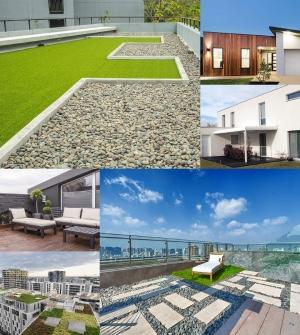 It performs and protects well
It performs and protects well
Flat roofs are a cost-effective option for homes – thanks to generations of use in commercial flat roof construction, modern materials and application techniques – as viable, protective and long-lasting alternatives to pitched roof counterparts.
By choosing the proper materials, hiring an experienced professional to build and install the flat roof, and committing to regular inspection and maintenance, homeowners may count on many years of reliable performance when selecting a flat roof solution.
Examining flat roof myths – What are the drawbacks?
Flat roofs are hard to replace
Some observers suggest it’s harder to replace a flat roof than a traditional pitched shingle roof because of the labor required to remove its layers (especially on older flat roofs). But now, flat roofs often are constructed with fewer layers because of improved waterproofing technology. This could mean flat roofs may not raise the same red flags they used to among prospective homeowners who may want to replace or remodel the roof once they move in.
Prone to water damage or leakage
Many of the potential problems a flat roof may attract – such as water pooling, leakage and resulting rot or damage – are due to poor installation or poor maintenance. Pay careful attention to the roof at the construction phase and throughout its lifecycle to help prevent these problems in the first place.
Parts of a flat roof
To an untrained eye, one flat roof looks very much like another (especially from the ground level!) but, in fact, there are several different flat roof systems to choose from. At the most basic level, a flat roof consists of three basic components: Weatherproofing, reinforcement and surfacing. Depending on the materials selected, these might be combined into a single product, but all these functions should still be there.
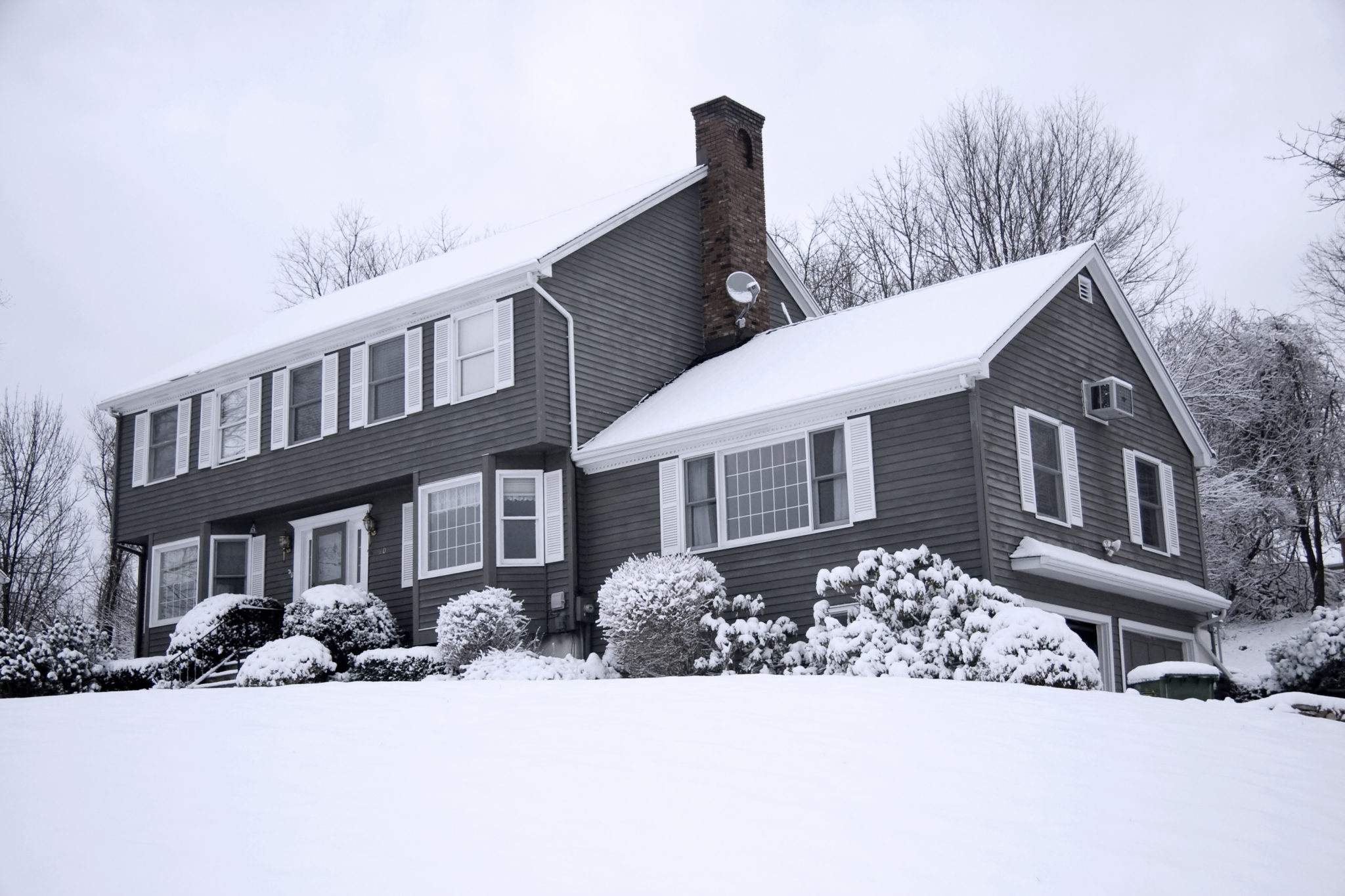 Other flat roof components
Other flat roof components
Underneath the basics, flat roofs are usually constructed with a ceiling, nailed to joists which support a deck (usually wood in residential construction), a vapor barrier, insulation and a roof board. From there, the flat roof system you choose will determine the materials you apply.
Consider geography, budget and use for the roof to determine the best option.
Warm versus cold roofs
A note to consider before construction: if insulation is installed below the flat roof deck this is called a “cold” roof. Generally, roofers discourage this method for 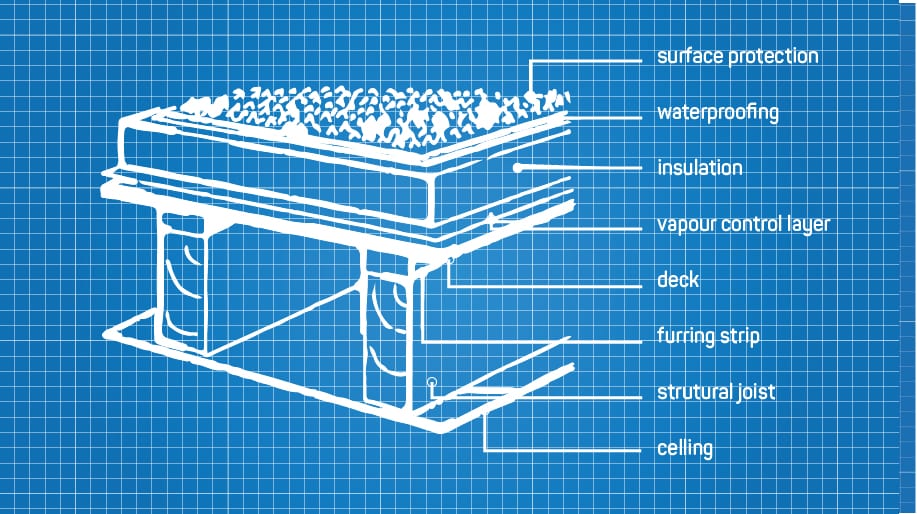 cold climates because it can promote condensation and requires ventilating the roof, which may be difficult to do in small or tight spaces. On the other hand, a “warm” (or hot) roof is one where the insulation is installed above the deck. This situation is suited for cold weather climates.
cold climates because it can promote condensation and requires ventilating the roof, which may be difficult to do in small or tight spaces. On the other hand, a “warm” (or hot) roof is one where the insulation is installed above the deck. This situation is suited for cold weather climates.
Check out this a diagram of a typical warm roof!
A crowning feature
Education is the key to choosing a flat roof that fits your budget, style and geography. Regardless of the type of roof selected, with an experienced contractor and a solid understanding of materials and maintenance, you’ll be well on your way to constructing a protective, lasting feature for your home.
Original article and photo source: IKO
Learn more about IKO in their Coffee Shop Directory or visit www.iko.com/na/.

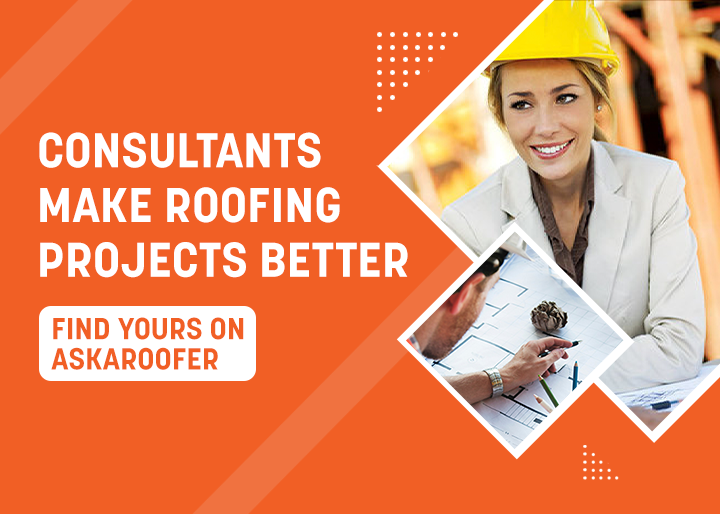
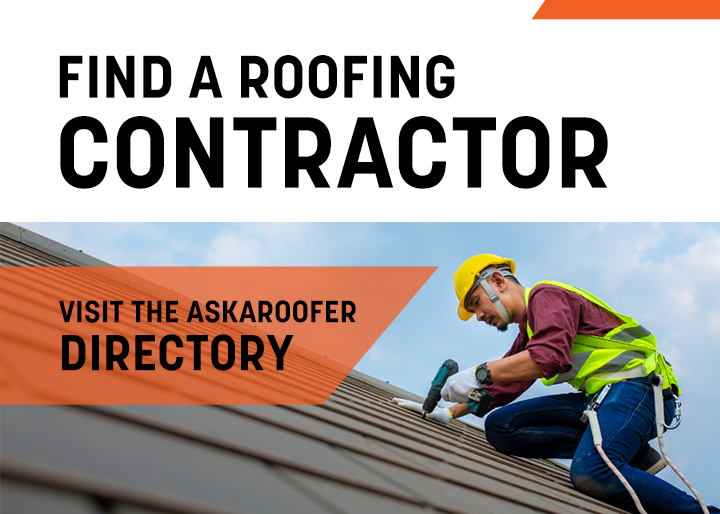
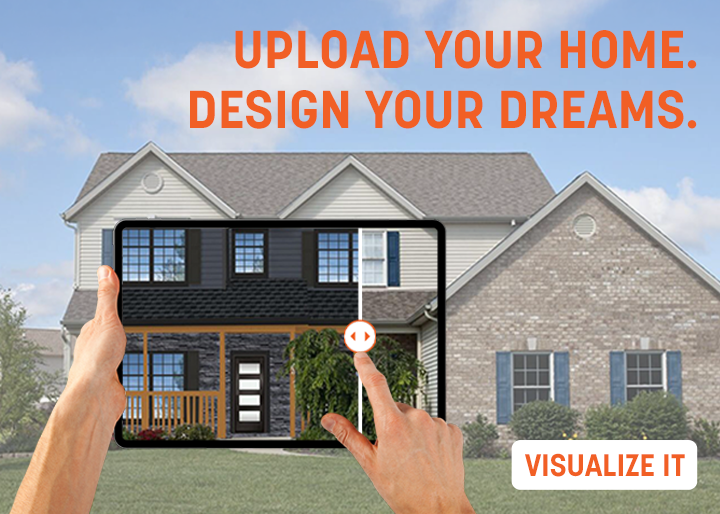
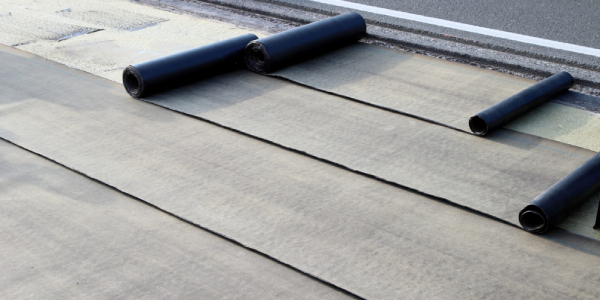

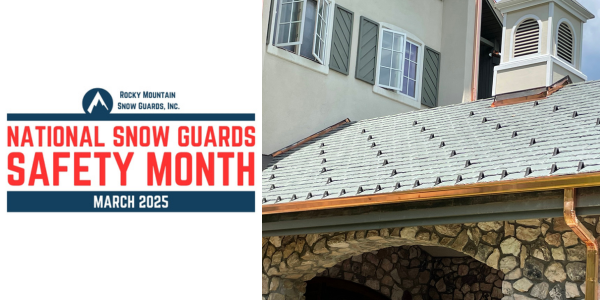
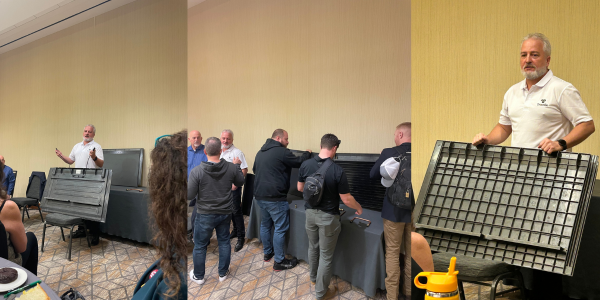






Comments
Leave a Reply
Have an account? Login to leave a comment!
Sign In